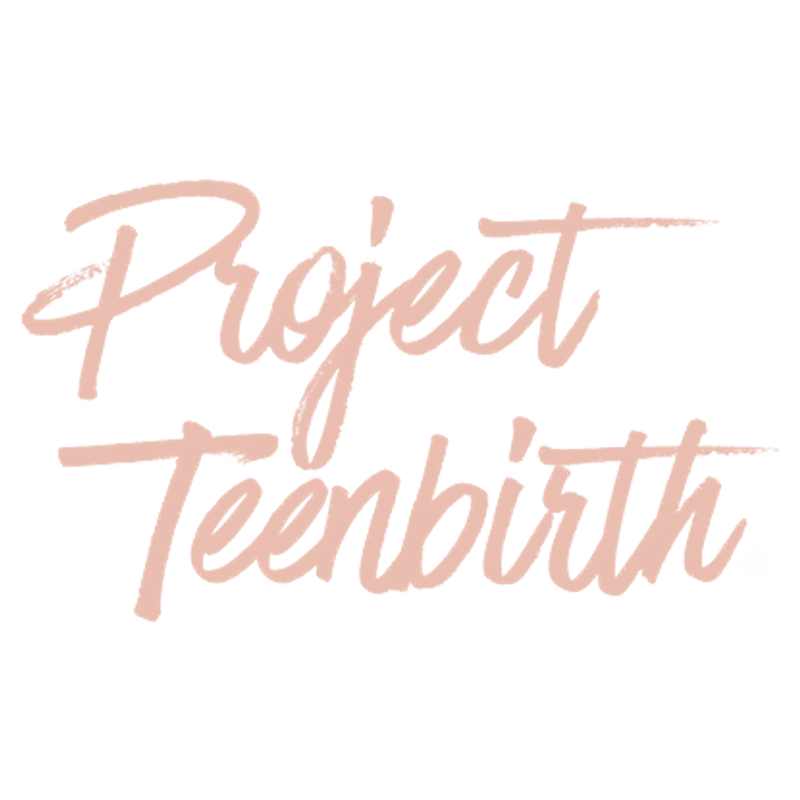How to Access Sex Positive and Accurate Sex Education
Project TeenBirth is committed to serving young birthing people near and far. While our in-person services are currently Florida based, we hope that our blog and online resources can reach folks all over the globe.
Each May we participate in Sex Ed for All Month. Our 2020 piece is all about How to Honor Your Sexual Health and Education– read it here. In 2021 we wrote Birth Control 101 for Teens and shared our Sex Positive Book + Guide for Teens. This year we are offering some tips and ideas for accessing accurate and sex-positive sex education.
What is Sex Education?
Planned Parenthood defines sex education as the following: “Sex education is high quality teaching and learning about a broad variety of topics related to sex and sexuality. It explores values and beliefs about those topics and helps people gain the skills that are needed to navigate relationships with self, partners, and community, and manage one’s own sexual health. Sex education may take place in schools, at home, in community settings, or online.”
We deeply appreciate the inclusion of values and beliefs in this definition, as it’s important for young people to have the time and space to process facts. You deserve time and space to sift through accurate information. Then with time and consideration, you can arrive at decisions that feel right and true for you regarding your sexuality, your gender identity, your desires to have sex or not, your ideas about parenting or not, and so on.
Red Flags to Be Aware Of
As an organization that focuses on honoring our bodily autonomy, we’d like to share a few red flags that you can look out for as you explore sex education content. As we know, the www is a vast place with tons of material. Not all of it is going to be inclusive, affirming, accurate, or supportive of your human rights.
Information that only promotes abstinence as birth control.
Content that makes you feel afraid of or wrong for having sexual desires, as well as content that blames or shames you if you have had or are having sex.
Material that only focuses on heterosexual love and sex.
Content that associates certain roles with people assigned a certain sex at birth. For example, girls being taught to be polite or pure.
Components of Quality Sex Education to Look For
Now that we’ve addressed material to avoid, let’s get into components of sex education that can indicate sex-positivity (simply meaning, from a non-sharming, pleasure-focused perspective), inclusion, and accuracy.
Content that credits evidence and/or offers follow up resources– books, websites, etc. The content should not claim to cover it all or be a deadend.
Information that addresses you as a whole person with desires, needs, boundaries, preferences, and so on. There should be space for you to consider and know about the physical, emotional, and spiritual parts of yourself as you learn about your body and sex.
Inclusive language that addresses body parts vs. gender. Not all people with a vagina are girls or women, for example. Furthermore, not all sex is going to be happening between a person with a penis and a person with a vagina.
Material that invites you to process and make your own decisions.
Some of Our Favorite Resources
The PTB Blog (articles– this one is a guide to sex positive resources, some of which we are cross listing here.)
Sex Positive Families (links to tons of resources in a variety of mediums)
ScarleTeen (articles, message boards, and live chat/text)
Planned Parenthood (videos, articles, etc.)
sex, etc. (videos, articles, FAQs, and glossary – for teens, by teens)
In Case You’re Curious: Questions About Sex From Young People with Answers from the Experts (book)
UN|HUSHED (dictionaries)
Girl: Love, Sex, Romance, and Being You by Karen Rayne (book)
Trans+: Love, Sex, Romance, and Being You by Kathryn Gonzales and Karen Rayne (book)
amaze (videos)
We are Here With You
We hope that you feel empowered in your decisions as a young birthing person. As you explore sex education and your relationship to your body, sexuality, and gender, please remember that it is always okay to ask for help and/or more information from trusted adults and service providers. Please reach out if we can be of support along your journey!
Author: Court Harris (they/them) is a witness, space-holder, supporter, and caregiver for families of all types and in all stages; they’ve worked with youth and their families since 2008. Currently, Court serves as a Life Coach for Teens and a Companion for Birth and Beyond. She is passionate about honoring life’s transitions and believes that all birthing people deserve compassionate, steady, and informed support throughout their unique reproductive journeys. You can connect with Court here and across all social media platforms at @companioncourtney.


